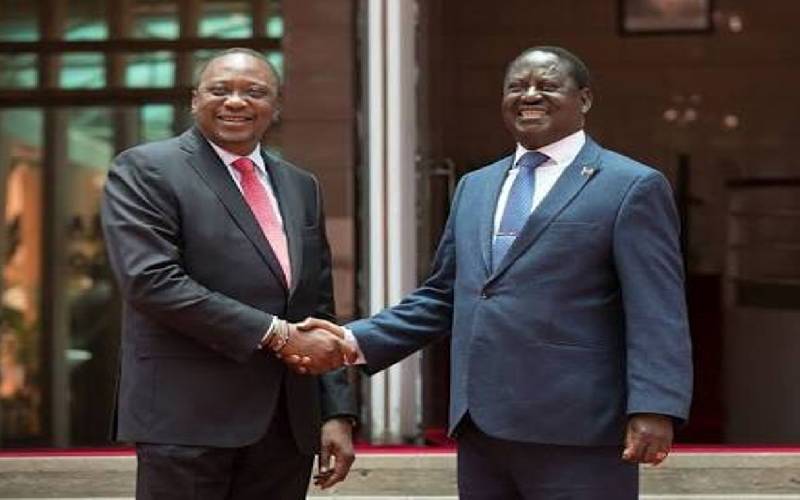
Last week, I wrote an article calling for proportional representation as an alternative to the winner-takes-all electoral system that we currently have. As soon as I posted the article on my Facebook page, I received 97 written responses; 90 of them extremely negative.
Friends urged me to drop this idea, saying it was unpopular. Then Margaret Thatcher’s famous words, “leadership is not a popularity contest” came to mind. Sometimes one has to take a stand when he/she believes time for change has come, whether the ideas are popular or not. It is in the nature of human beings to resist change at first.